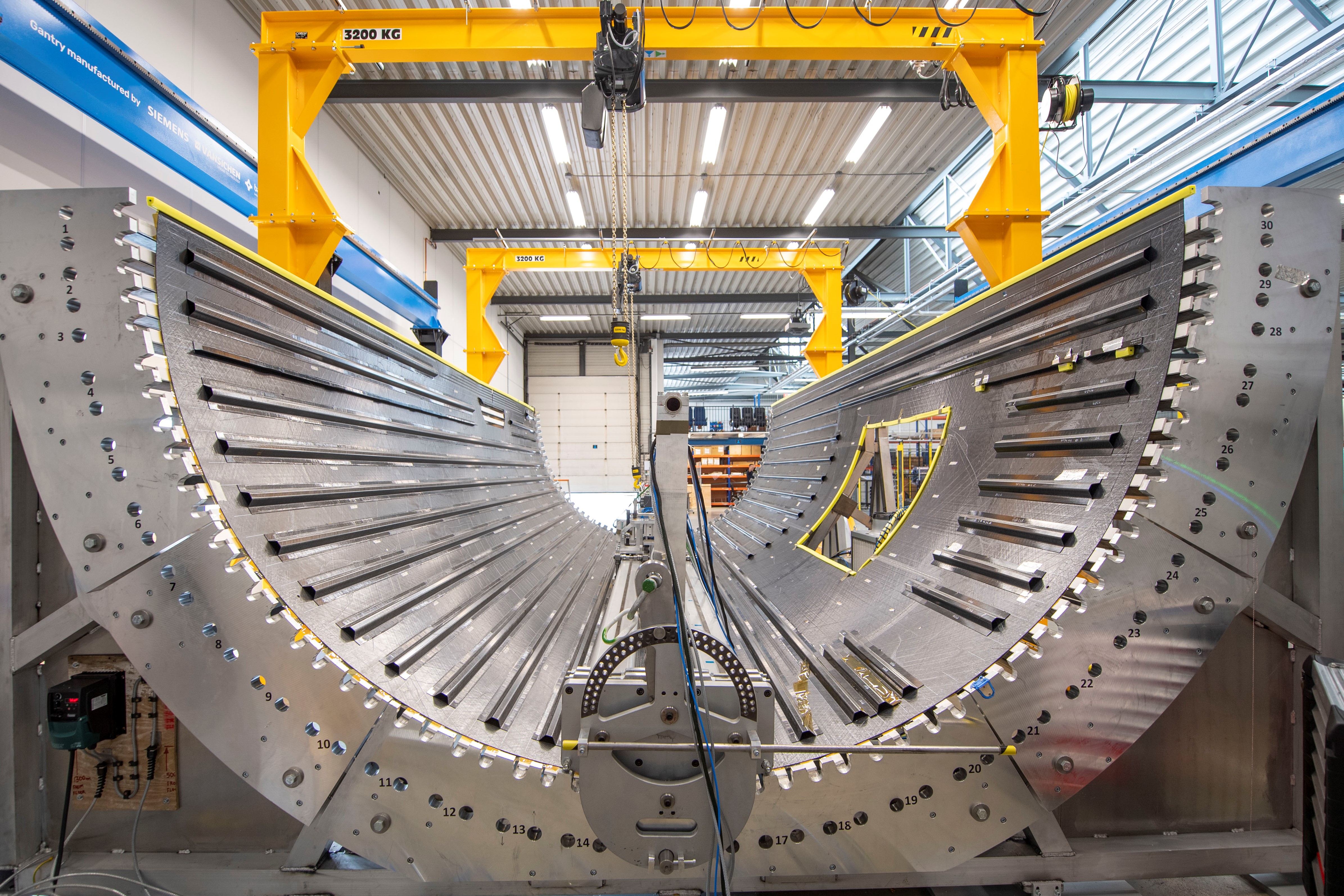

About NXTGEN Hightech
The Netherlands is an international leader in the field of ultra-precise high-tech equipment. However, the continuity of this position is threatened by political interests and growing competition from other parts of the world. Additionally, investments in R&D are significantly lower than in other knowledge-based countries, which costs growth. The goal of the program is to ensure sustainable economic earning potential for the next generations and to contribute to solutions for major societal challenges. To achieve this, the NXTGEN Hightech program is boosting the Dutch economy with 330 partners.
The Strategy
The program breathes new life into the way we collaborate by combining the forces of different scientific disciplines and sectors. With a focus on six key points, it offers an exciting path forward:
Joint vision development
Building powerful knowledge centers
Attracting new investment capital
Attracting and retaining talent and offering top education
Strengthening ties within our ecosystem
Further enhancing the international presence of the Dutch high-tech industry.
Six focus areas
Over the next seven years, intensive work will be done in six areas to develop smart solutions:
Agrifood: the introduction of fast and precise robots in agriculture and horticulture.
Biomedical Production Technology: production technology for new chips that mimic organs and accelerate the search for new drugs without animal testing.
Composites: compact, flexible, and robotic production lines for lightweight composite structures.
Energy: clean hydrogen by producing efficient electrolyzers with thin film technology.
Laser Satellite Communication: the transition from radio to light.
Communication via laser beams, secure and with much greater capacity. Semiconductors: the move towards even faster and more energy-efficient chips that also partly switch with light.
As a foundation, these relevant system and key technologies play a crucial role: systems engineering, smart industry, optomechatronics, robotics, thin film & plasma, semiconductor devices, and bionano.

Composites Domain projects
TU Delft and SAM XL are partners in the Composites Domain. We are dedicated to contribute to lightweight mobility in many shapes and forms. We believe in strong partnerships and are pioneering every day. We are speeding up innovation as a university and as a fieldlab, by stretching the boundaries of manufacturing.
Composites 01 - Digital composite automation for sustainable aviation - aims to make the aviation industry more sustainable by developing a digital production platform for flexible composite production, which is essential for lightweight aircraft components. Despite the high level of existing composite technology, production is still largely manual due to complexity and variation in materials. This project will contribute to the reduction of CO2 emissions, waste reduction, and efficiency in production processes through automation and digitization, including the integration of adaptive machines and robot-based systems. This platform will not only improve the affordability and flexibility of composite production but will also drastically shorten the time-to-market for new product series and reduce environmental impact.
Composites 02 - Digital micro-factory for lightweight e-mobility - This project focuses on developing a digital production platform for the flexible production and recycling of lightweight thermoplastic composites, aimed at e-mobility and automotive applications. It seeks a radical reduction in costs and faster time-to-market through automated, adaptive production systems that can respond to rapid market changes and smaller batch sizes. The emphasis is on improving sustainability by increasing the use of recyclable materials and reducing production waste. This includes the development of adaptive machines, digital production lines, and recycling technologies, supported by three pilot production lines that encompass both the production and recycling of thermoplastic composites.
Composites 03 - Efficient and proven 'Zero-Defect' production - Within the Composites03 project, we aim to optimize production processes in the mobility sector. We do this by developing autonomous robot technology that accurately aligns the actual physical world with the virtual design world. It focuses on automating complex composite production for aviation and wind turbines, such as 3D printing, drilling, welding, and coating of parts, with a strong focus on quality control and inspection. By integrating advanced sensors and digital models, robots are enabled to operate independently and make real-time adjustments, leading to more efficient production processes and a significant reduction in manual labor.
This event is powered by NXTGEN Hightech
TU Delft NXTGEN Innovation Days
 Registration website for TU Delft NXTGEN Innovation Days
Registration website for TU Delft NXTGEN Innovation DaysTU Delft NXTGEN Innovation Dayscommunications-samxl@tudelft.nl
TU Delft NXTGEN Innovation Dayscommunications-samxl@tudelft.nlhttps://www.aanmelder.nl/tudnxtgeninnovationdays?version=latest
2025-02-05
2025-02-07
OfflineEventAttendanceMode
EventScheduled
TU Delft NXTGEN Innovation DaysTU Delft NXTGEN Innovation Days0.00EUROnlineOnly2019-01-01T00:00:00Z
To be announcedTo be announced